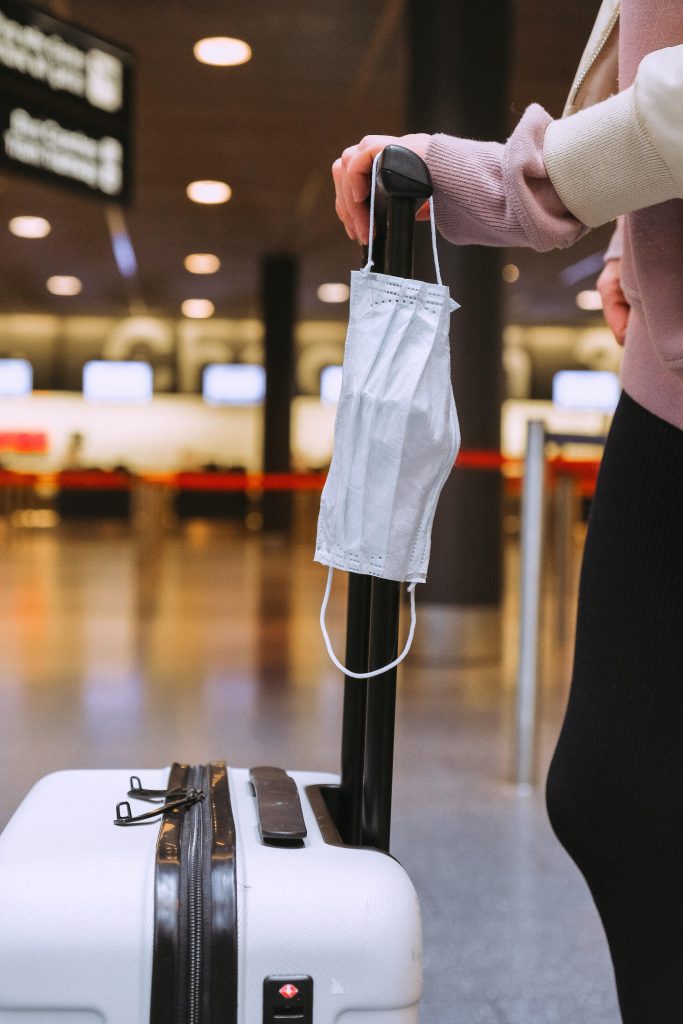The unusual year 2020 is over and the time for conclusions has come. We take a look back at how the Covid-19 pandemic has changed the market for short-term rentals in Bulgaria. At the beginning of 2020, the supply of apartments on short-term accommodation platforms had reached its peak. According to data from the short-term rental analyst AirDNA, for the last quarter of 2019, apartments in Sofia numbered 3,251, while currently they are 1,841. This is a drop of almost 50%, which is also observed in other major cities.
A large number of opt-out owners chose to switch to a standard long-term rental as a safer option. This reaction is understandable given the drastic drop in bookings in the spring, as a result of the closure of borders and the almost complete restriction of travel.

After we stayed at home in the spring, in the summer everyone wanted to take a sip of freshness. In August, Black Sea holiday properties recorded occupancy levels of 67%. This period also saw a trend that is highly likely to continue in the future – for people to prefer individual accommodation such as apartments, villas or guesthouses and to avoid crowded hotels and complexes with large restaurants and common areas. AirDNA conducted joint research with STR on how the coronavirus has affected the respective hotel and short-term rental markets, showing that vacation properties are faring significantly better during the pandemic.
In the autumn-winter season, the main target group of short-term accommodation was guests from the country or from nearby countries, from which Bulgaria is easily accessible by car. Concern was noted about traveling by plane and passing through large assembly points such as airports and train stations. The various anti-epidemic measures imposed by the countries on arriving citizens is another factor that has negatively affected international travel.

After many businesses switched to a remote form of work, a growing trend of so-called "digital nomads" took shape. Before the pandemic, digital nomads were mainly freelancers (bloggers, vloggers, writers, digital specialists, etc.). Following the imposed lockdown, businesses whose businesses allow it have allowed their employees to work from home, and many office spaces have been freed up. This situation has allowed people to choose the place from which they will work, which can be any corner with a strong Internet. Self-contained accommodation has become attractive with locations that are environmentally attractive, with the opportunity to practice hobbies and sports, and where the traveler's purchasing power will be greater, as these stays are often longer than tourist stays. visits.
From a rentier's point of view, these rentals are currently a good alternative. They guarantee employment for an averagely long period of time, often several months. Prices in these situations are typically renegotiated and are lower than booking revenue for the same period in 2019, but revenue remains higher than traditional long-term rental.
Flat Manager has shown that it is a company that knows how to react quickly in the situation that has arisen. We have adapted to market changes and developed our services in detail for longer stays. Guest amenities include an online rental agreement, professional service, and flexible terms. The wide network of corporate clients we have and the trust we have built is the reason why we are increasingly the preferred partner for business accommodation.
If you want to add your property to our portfolio, contact us!



